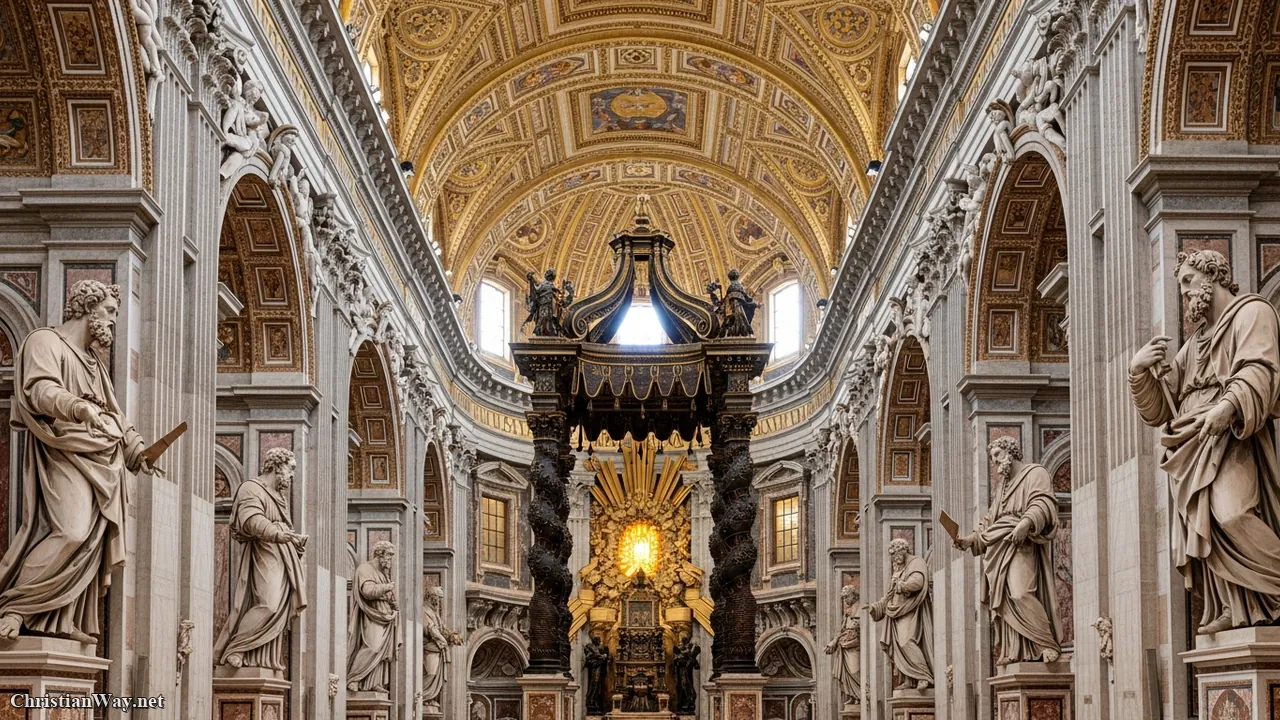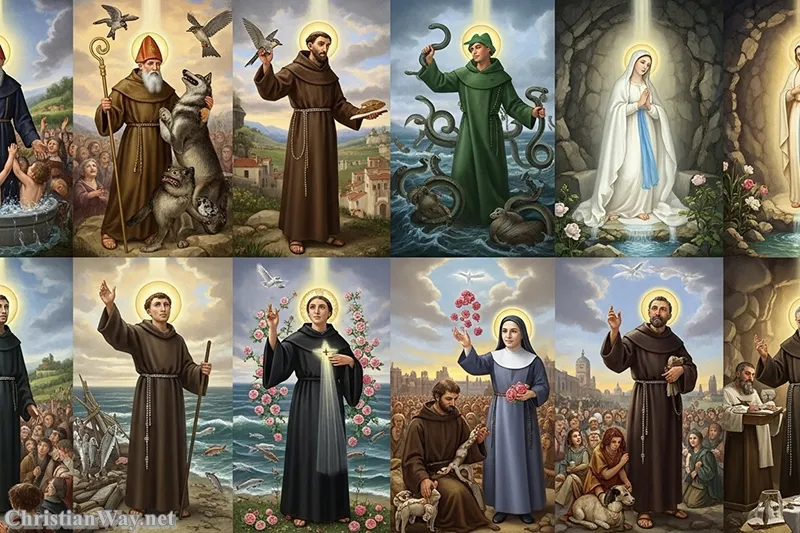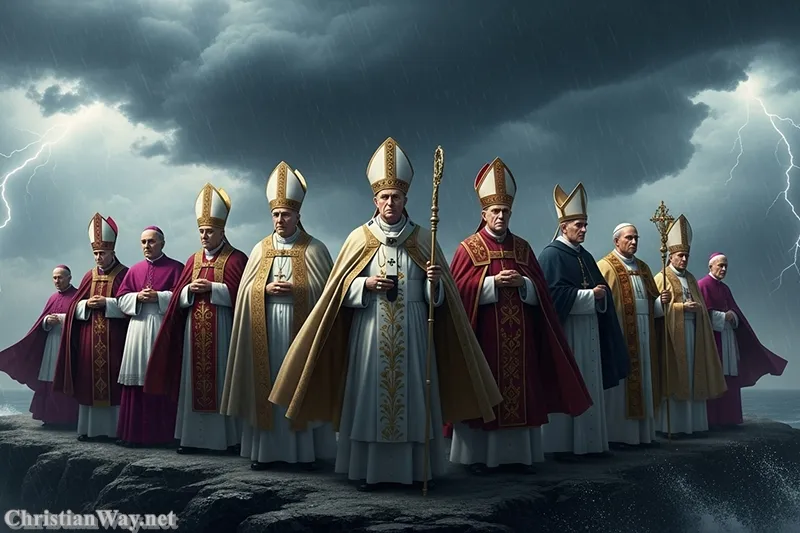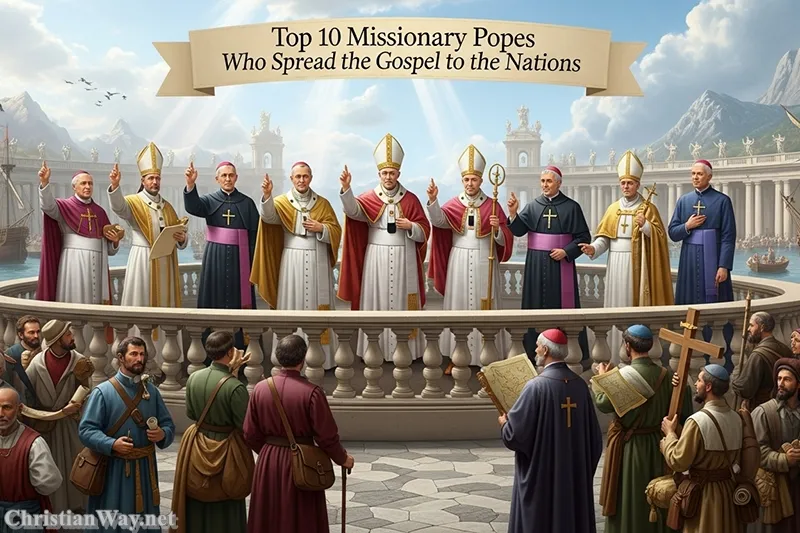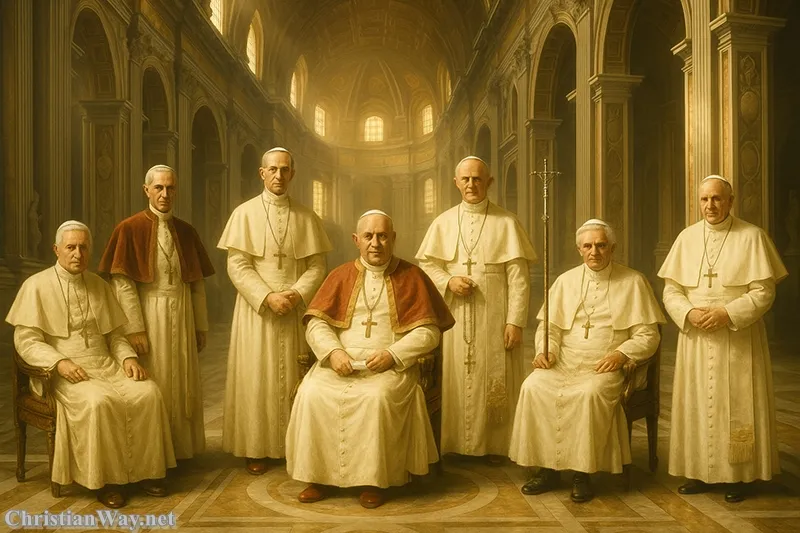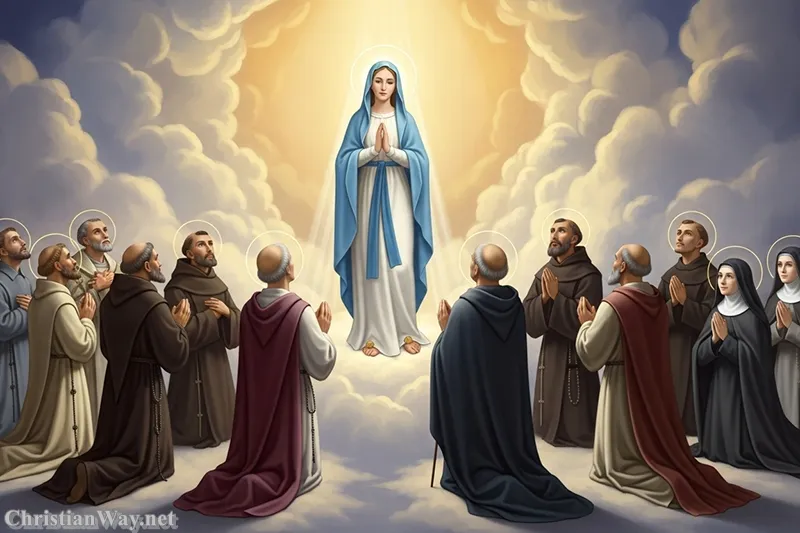Dear friends in Christ,
Throughout the history of the Church, God has raised up shepherds who reflected His mercy with extraordinary tenderness. These were not Popes of worldly power or grandeur, but men whose hearts were shaped by the compassion of Jesus — the Good Shepherd who leaves the ninety-nine to find the one who is lost. Their pontificates became living witnesses to the Gospel’s deepest truth: “Blessed are the merciful, for they shall obtain mercy.” (Matthew 5:7)
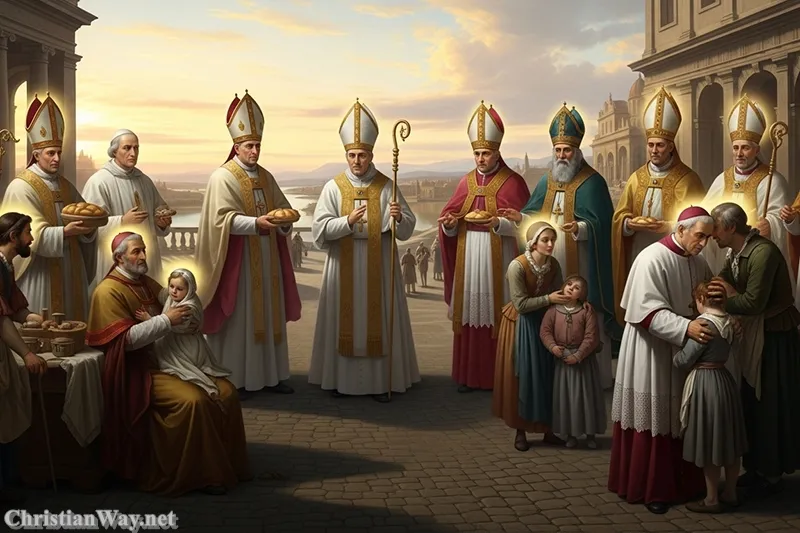
This reflection honors the Top 10 Popes of Mercy and Compassion — men who carried the wounded, embraced the sinner, comforted the poor, and reminded the world that mercy is not weakness but divine strength. These merciful popes, compassionate popes, and popes of charity stand as luminous signs of God’s love, each in their own time, each bearing the fragrance of Christ’s mercy.
1. Pope Francis (2013–Present): The Face of God’s Mercy in Our Time
No list of merciful Popes could begin without Pope Francis, whose very pontificate is a living parable of compassion. From his first appearance on the balcony of St. Peter’s Basilica, he invited the world not to look at him, but to feel the embrace of a merciful Father.
He has called the Church to be a “field hospital after battle,” where healing and forgiveness come before judgment. Declaring the Extraordinary Jubilee of Mercy in 2016, he reminded humanity that “the name of God is mercy.” His gestures — washing the feet of prisoners, visiting migrants, embracing the disfigured — speak more loudly than any encyclical.
Through Pope Francis, countless people rediscovered a God who welcomes the prodigal home without conditions, and who calls the Church to reach out, not retreat inward.
2. Pope John Paul II (1978–2005): The Apostle of Divine Mercy
Saint John Paul II was, in many ways, the Pope of Divine Mercy. Deeply influenced by the Polish mystic St. Faustina Kowalska, he canonized her and instituted Divine Mercy Sunday as a universal feast. His encyclical Dives in Misericordia (“Rich in Mercy”) stands as a theological masterpiece on God’s compassion.
Yet his mercy was not theoretical — it was personal. He forgave Mehmet Ali Ağca, the man who tried to assassinate him in 1981, visiting him in prison and calling him “my brother.” Through decades of suffering, he showed the world that mercy is stronger than vengeance and that love endures even amid human frailty.
3. Pope John XXIII (1958–1963): The Gentle Shepherd of the Second Vatican Council
Known as “Good Pope John,” Pope John XXIII was beloved for his warmth, humility, and humor. His kindness radiated even to those who disagreed with the Church. When asked about his secret, he said simply, “See everything, overlook much, and correct a little.”
He convened the Second Vatican Council — not as a reaction to crisis, but as an act of pastoral mercy — to open the windows of the Church to the modern world. His encyclicals Pacem in Terris (“Peace on Earth”) and Mater et Magistra reflected a heart that sought the dignity of every person.
To countless Catholics, he embodied the compassion of a grandfatherly soul who made holiness feel human and approachable.
4. Pope Pius XII (1939–1958): The Hidden Mercy During the Darkness of War
While his pontificate remains debated for its silence during World War II, Pope Pius XII quietly orchestrated one of the largest humanitarian efforts in Church history. He sheltered thousands of Jews in monasteries, convents, and even the Vatican itself, saving lives at great personal risk.
Through the Pontifical Relief Commission, he sent aid to prisoners, refugees, and the starving across Europe. His private correspondence reveals a heart deeply moved by the suffering of war. His mercy was discreet — not performed before cameras, but whispered in the corridors of compassion.
5. Pope Benedict XVI (2005–2013): The Theologian of Love
Often called the “Pope of Truth,” Benedict XVI was equally the Pope of Charity. His first encyclical, Deus Caritas Est (“God is Love”), begins not with doctrine but with the simple truth that God’s nature is love itself.
He showed deep compassion for victims of abuse, for the poor, and for those struggling with faith. Even his resignation — a humble act of service — was itself a gesture of mercy toward the Church he loved. His quiet tenderness, often hidden beneath his scholarly demeanor, revealed a man whose intellect served not pride, but love.
6. Pope Leo XIII (1878–1903): The Advocate of the Working Poor
In an age marked by industrial inequality, Pope Leo XIII became the voice of Christian social compassion. His groundbreaking encyclical Rerum Novarum defended the rights of workers and called for justice rooted in charity.
He taught that true mercy must touch both soul and society — that faith without concern for the suffering of others is incomplete. His leadership helped the Church stand beside the poor, showing that mercy extends beyond almsgiving into the structures of life itself.
7. Pope Gregory the Great (590–604): The Servant of the Servants of God
When Gregory the Great took the papal throne, Rome lay in ruins from plague and invasion. Yet he became a father to the city and a light to the world. Selling Church treasures to feed the hungry, organizing hospitals, and sending missionaries like St. Augustine of Canterbury to evangelize the English, Gregory made mercy the heart of mission.
He famously called himself Servus Servorum Dei — “Servant of the Servants of God” — a title every Pope has used since. His vision of pastoral care shaped the Church for centuries, showing that mercy is not weakness, but the true mark of greatness.
8. Pope Clement VII (1523–1534): A Compassionate Heart in a Divided Christendom
Caught between empires and reformers, Clement VII faced one of the most painful eras in Church history. Though criticized for indecision, he consistently sought peace, pleading for unity and compassion amid the Reformation’s violence.
He protected refugees after the Sack of Rome (1527) and showed kindness to artists and thinkers, including Michelangelo, whom he encouraged to use his genius for the glory of God. In a time of division, Clement’s mercy was expressed not through victory, but through his refusal to hate those who opposed him.
9. Pope Paul VI (1963–1978): The Bridge Builder of Reconciliation
Pope Paul VI, who continued the work of Vatican II, carried the Cross of misunderstanding with humility and patience. His encyclical Populorum Progressio revealed his global compassion, calling for justice, peace, and solidarity among nations.
He became the first Pope in centuries to travel widely — to meet other Christians, to visit the Holy Land, and to embrace the poor in far-off lands. His meeting with Patriarch Athenagoras I in 1964 symbolized a new dawn of mercy between East and West. His life’s mission was to build bridges, not walls — a mercy that still echoes today.
10. Pope Saint Gregory VII (1073–1085): Mercy Through Reform
Though often remembered for his fierce reforms and the Investiture Controversy, Gregory VII’s zeal sprang from love, not power. He sought to purify the Church not to condemn, but to heal. His letters reveal a shepherd heartbroken over corruption, pleading for repentance and renewal.
His mercy was that of a surgeon — cutting away sin to restore holiness. To him, mercy meant leading souls back to fidelity, even when it cost him exile and suffering. His steadfastness reminds us that compassion sometimes takes the form of truth spoken with courage.
Mercy as the Mark of True Holiness
What unites these ten Popes is not uniformity of style or circumstance, but the living presence of mercy at the center of their hearts. Whether through theology, social reform, forgiveness, or quiet charity, they each showed the world that Christ’s love has no limits.
Mercy is not sentimentalism; it is love that kneels. It bends down to lift the fallen, to forgive the sinner, to feed the hungry, to listen, to stay. The greatest Popes of compassion were those who knelt first before the mercy of God themselves.
Reflect and Pray
Dear reader, mercy is not a quality for Popes alone — it is the calling of every Christian. To be merciful is to let God’s love pass through you to others. In a harsh and divided world, mercy becomes the most powerful form of evangelization.
Let us pray for our Holy Father and for all who shepherd God’s people, that their hearts may always be formed by the Sacred Heart of Jesus — the fountain of mercy and compassion.
“Be merciful, just as your Father is merciful.” — Luke 6:36
May the Lord fill your heart with His tender mercy, and may you become a vessel of His compassion to those around you.
— Fr. John Matthew, for Christian Way
